Medicine For Fever
- Total Items (0)
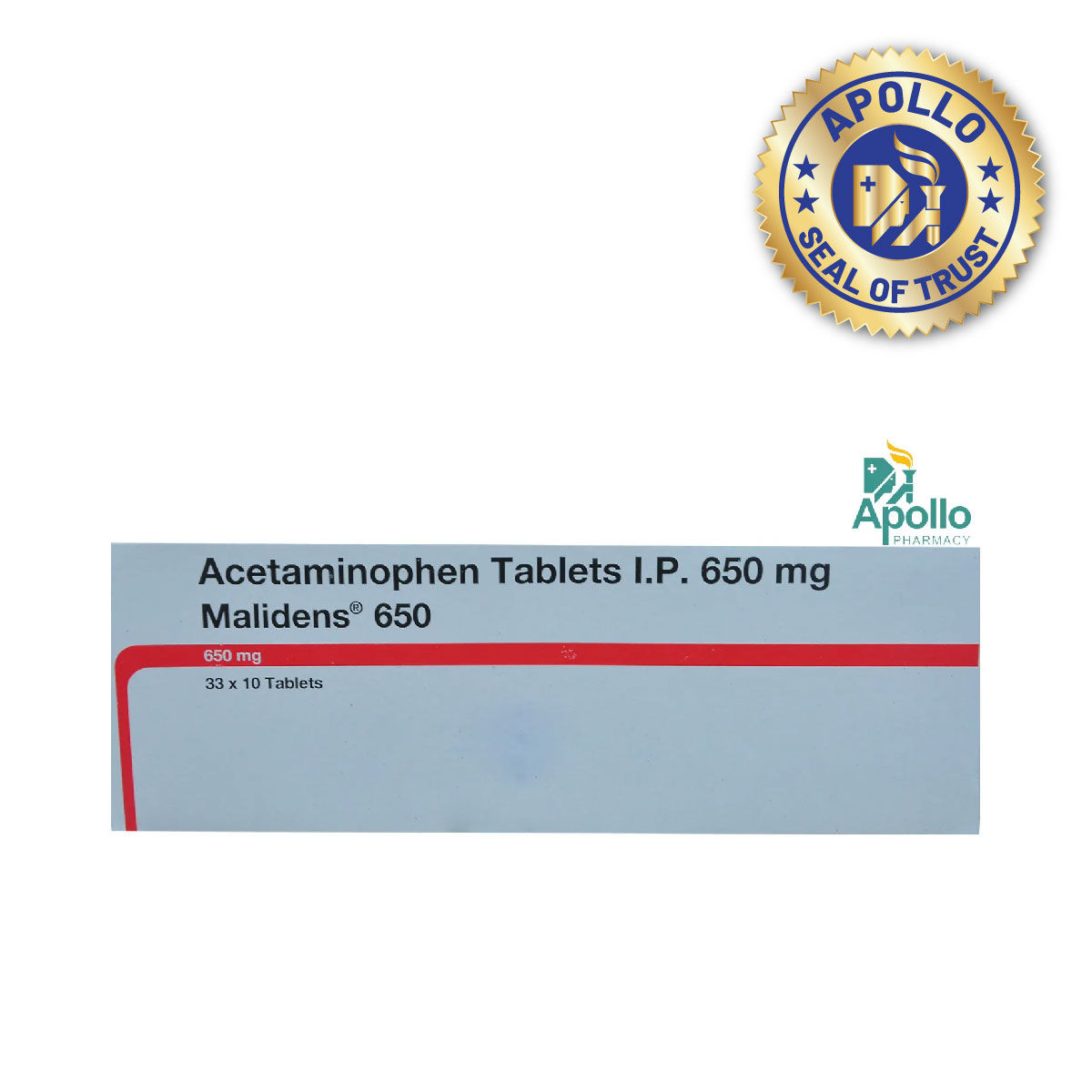
Malidens 650 mg Tablet 10's
₹13.20
MRP ₹22
40% off

Auspara 500 Tablet 10's
₹8
MRP ₹10
20% off
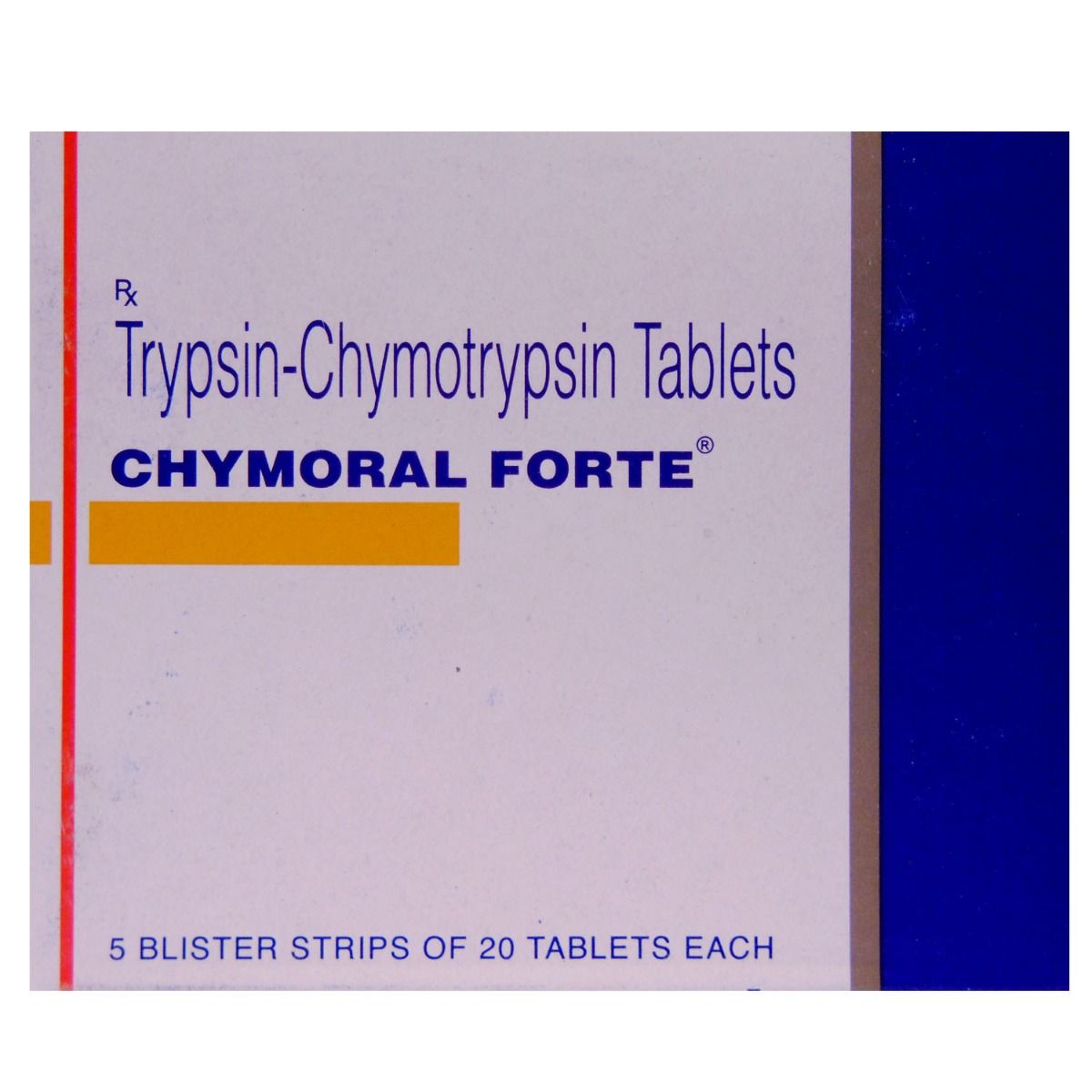 RX
RXChymoral Forte Tablet 20's
₹449.10
MRP ₹499
10% off

Dolo-650 Tablet 15's
₹30.20
MRP ₹33.50
10% off
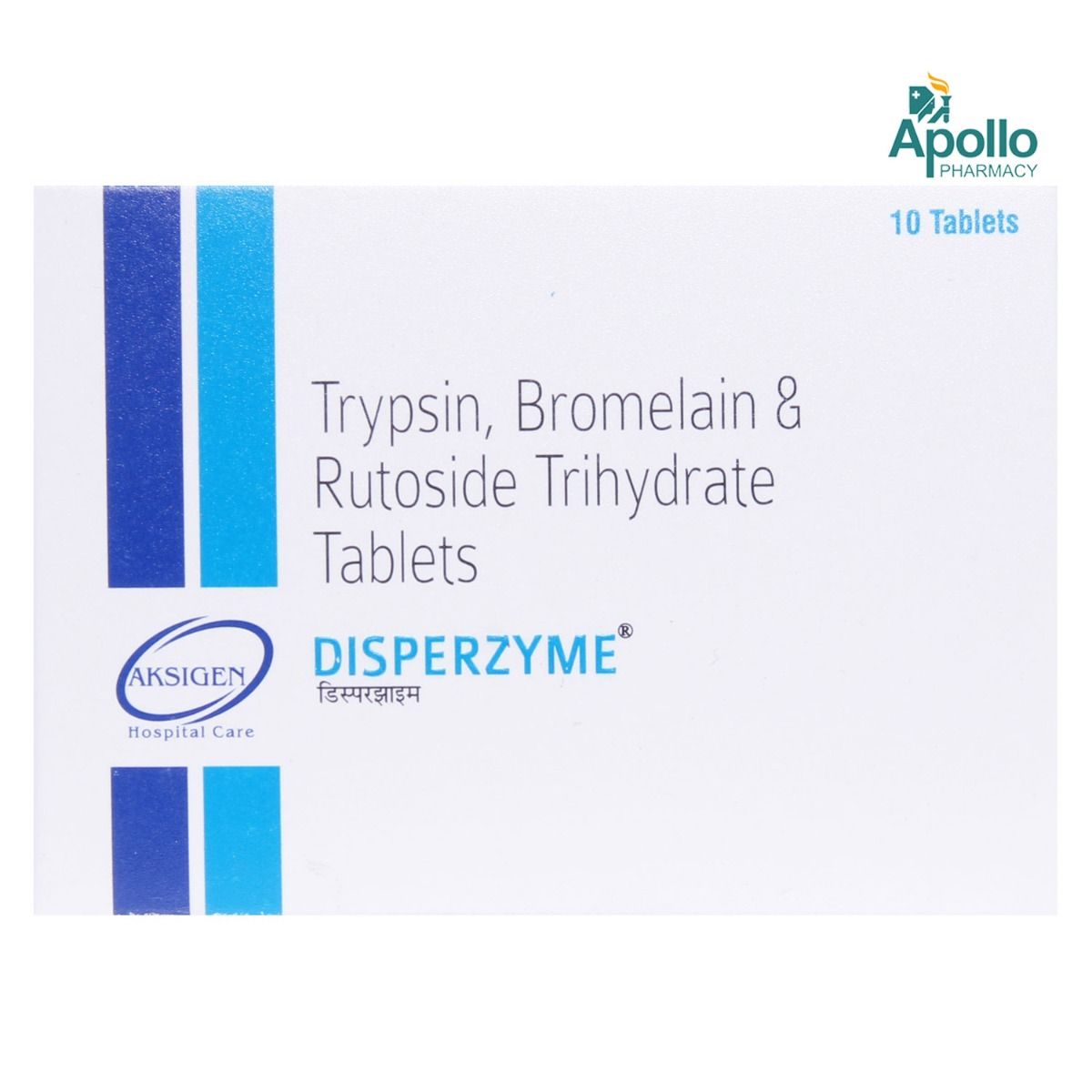 RX
RXDisperzyme Tablet 10's
₹585
MRP ₹650
10% off

Crocin 240 DS Mixed Fruit Suspension 100 ml
₹104
MRP ₹115.50
10% off
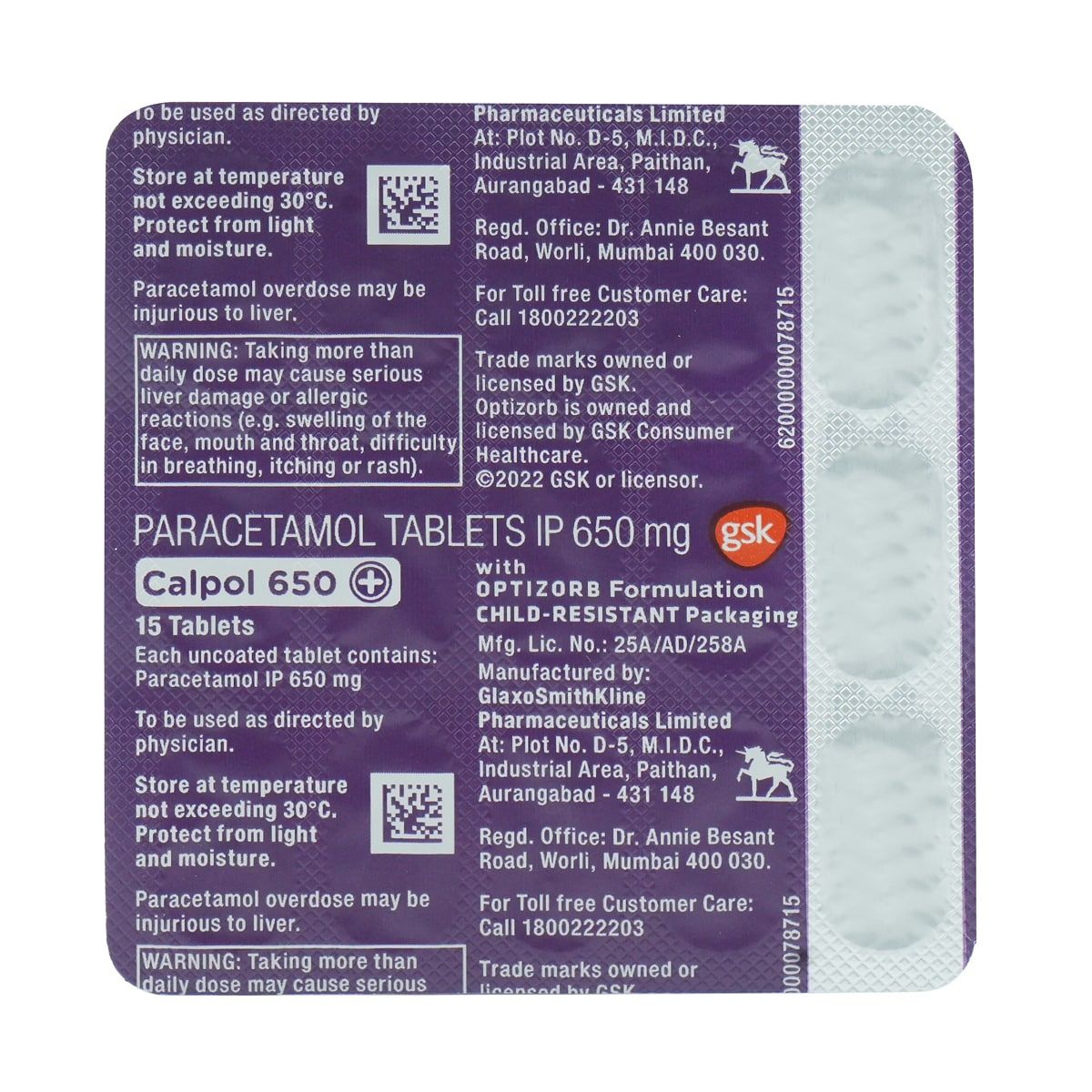
Calpol 650 Plus Tablet 15's
₹30.20
MRP ₹33.50
10% off
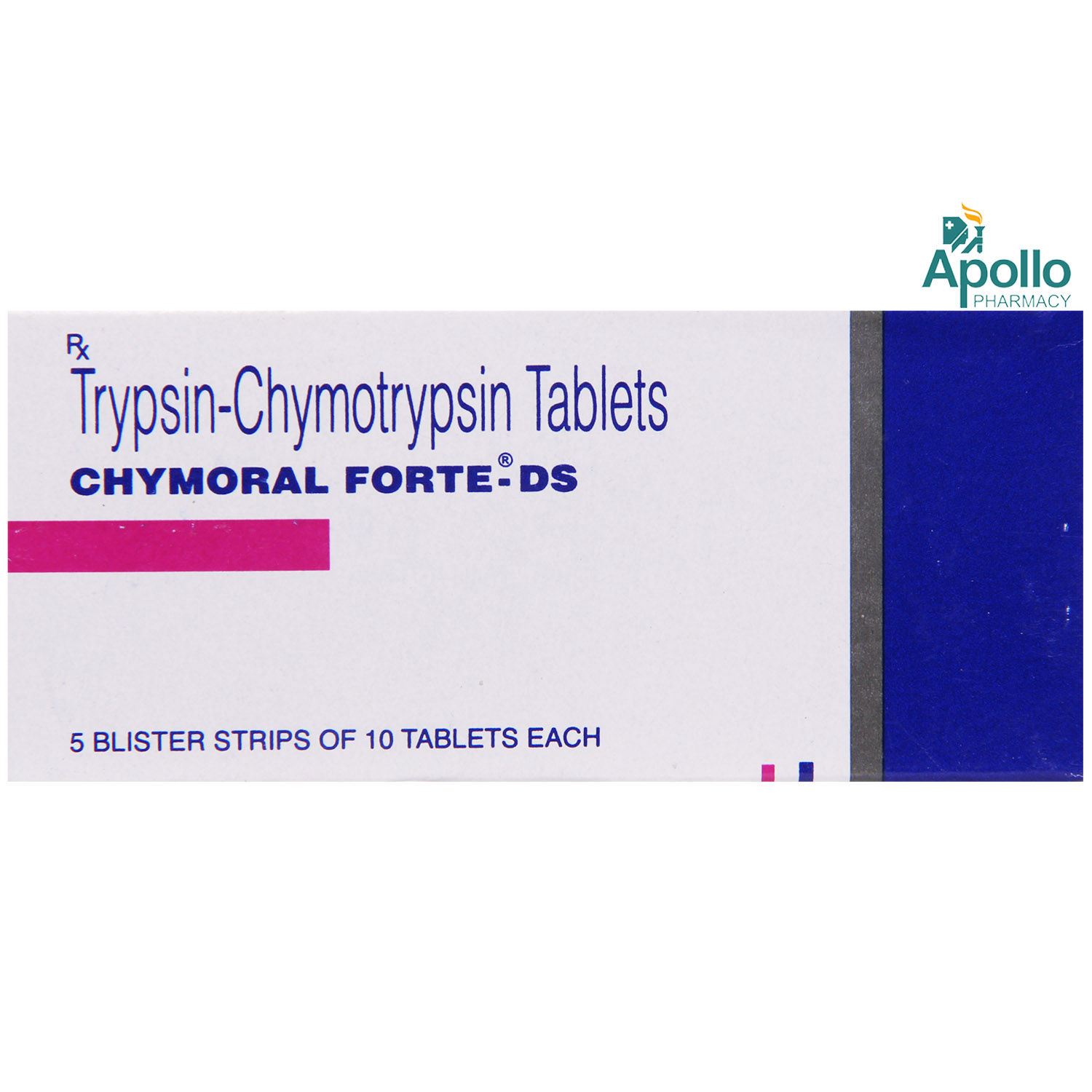 RX
RXChymoral Forte DS Tablet 10's
₹459
MRP ₹510
10% off
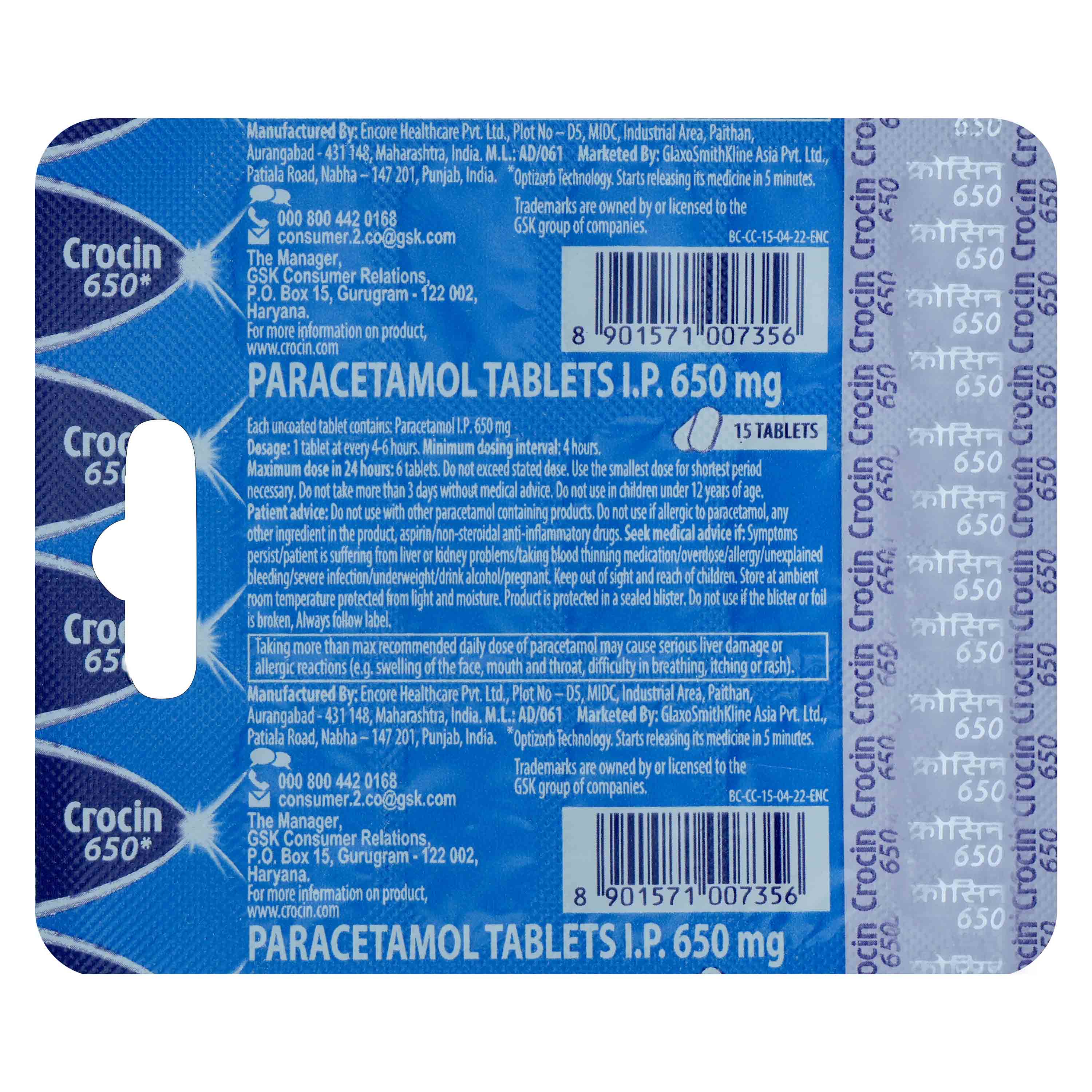
Crocin 650 Tablet 15's
₹30.20
MRP ₹33.50
10% off
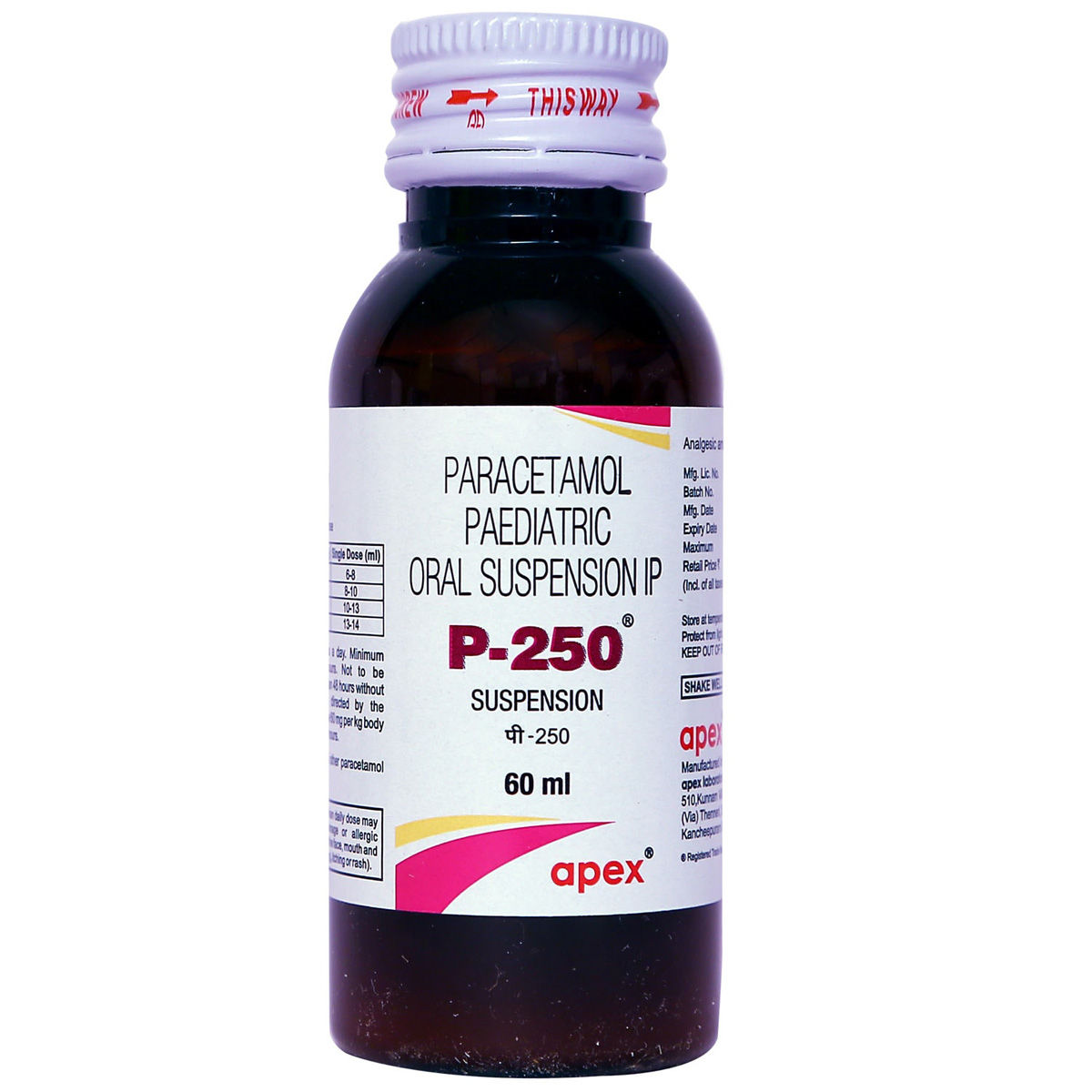
P 250 Suspension 60 ml
₹40.50
MRP ₹45
10% off

Crocin Advance Tablet 20's
₹18
MRP ₹20
10% off
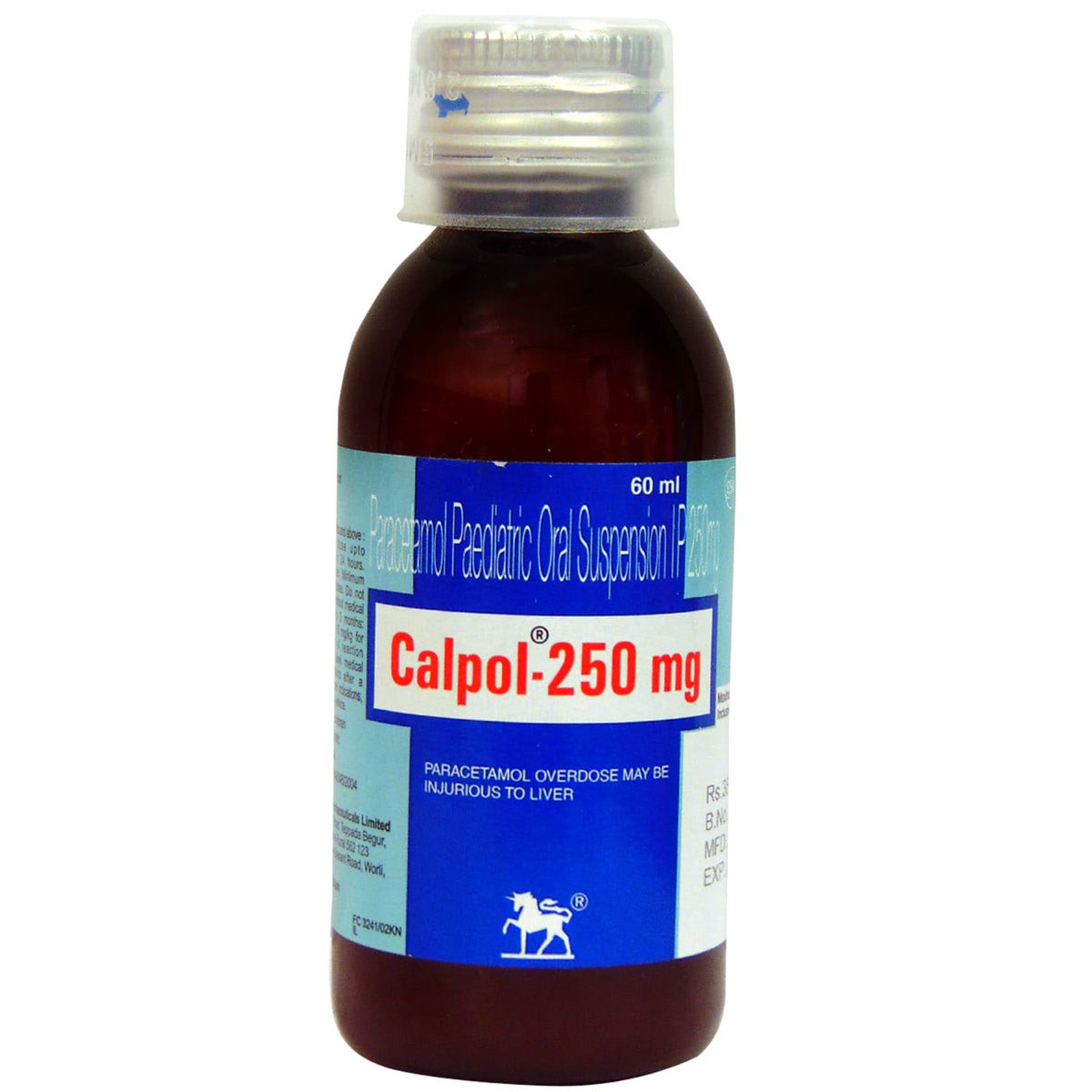
Calpol-250 mg Oral Suspension 60 ml
₹40.50
MRP ₹45
10% off

Pyrigesic 1000 mg Tablet 10's
₹36
MRP ₹40
10% off
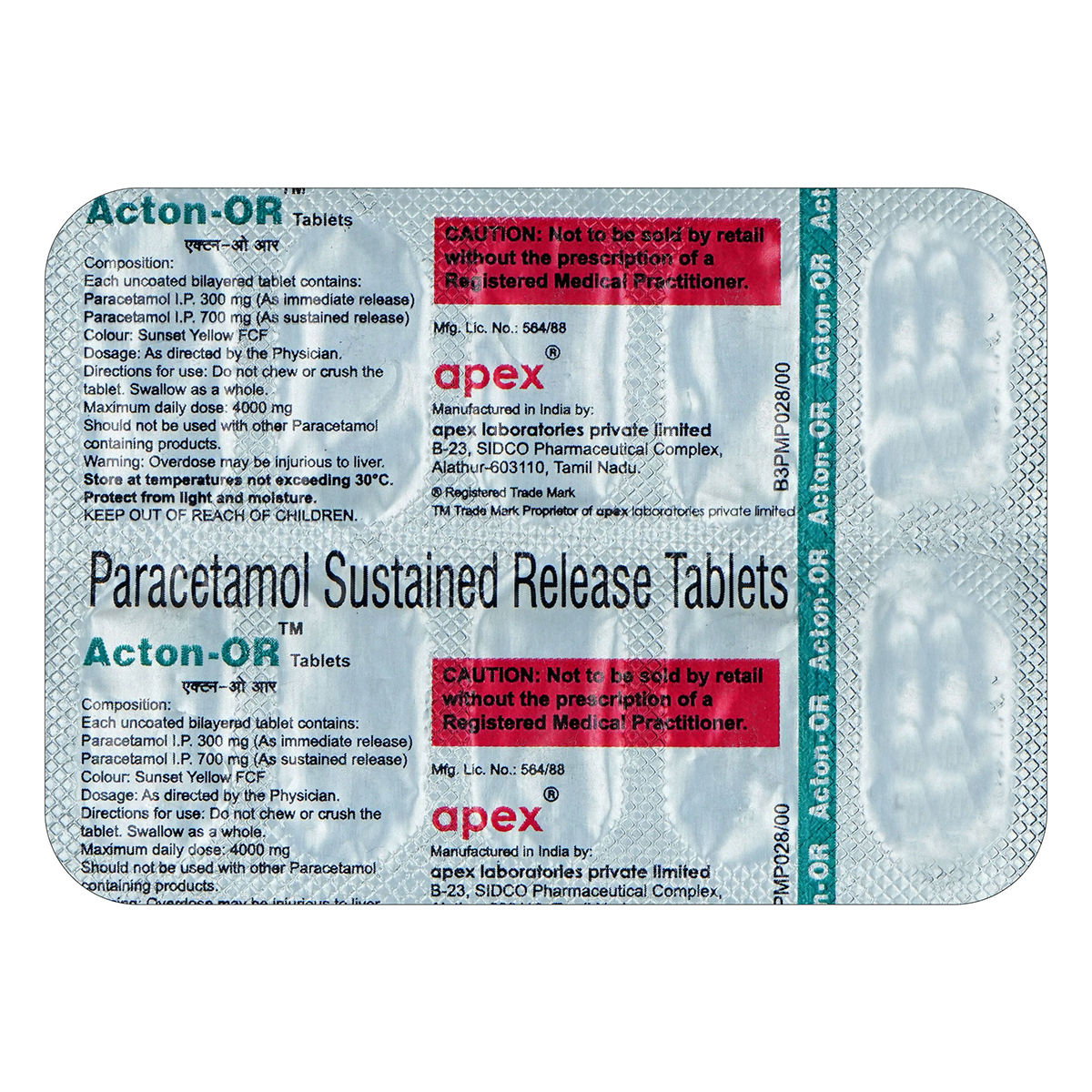 RX
RXActon-OR Tablet 10's
₹60.50
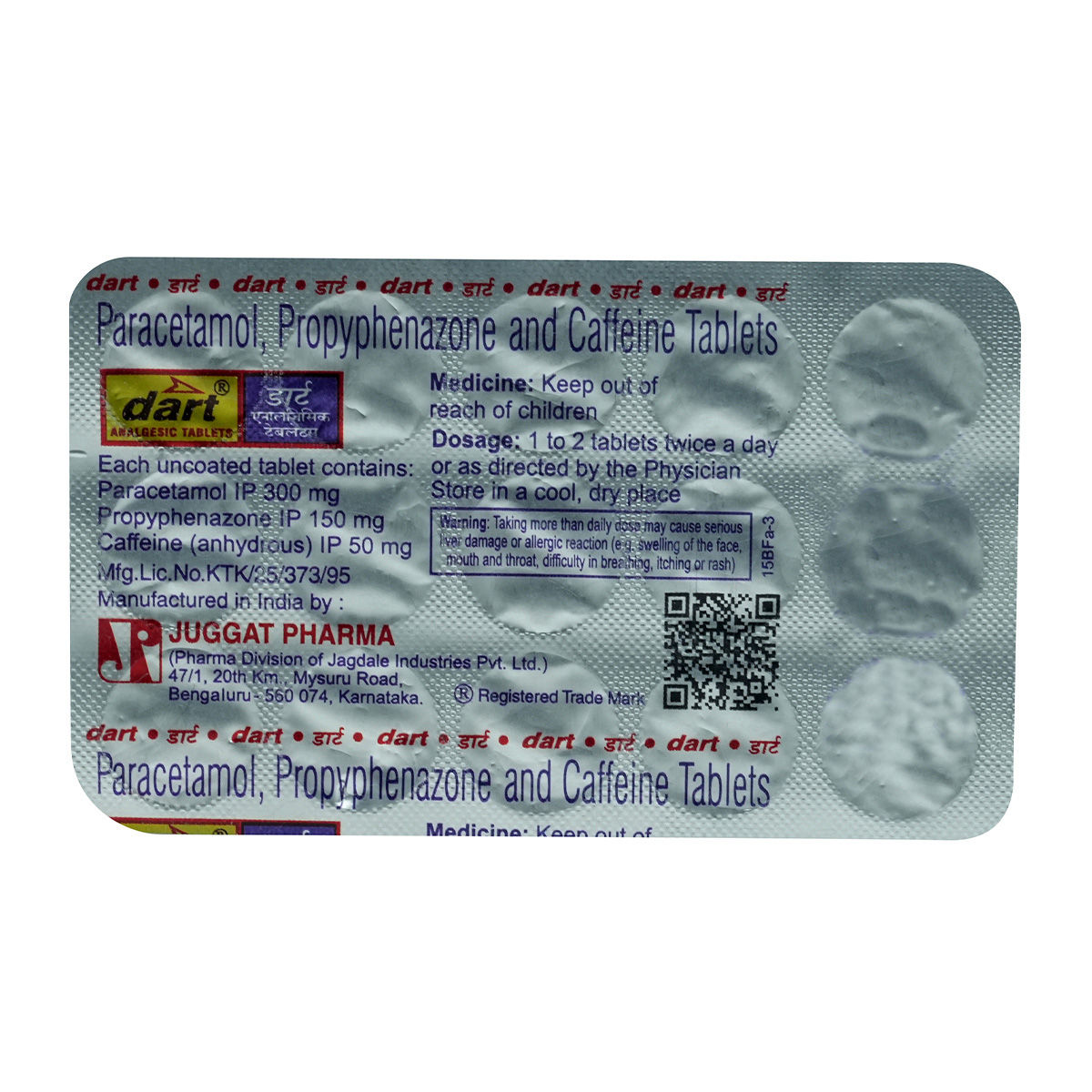 RX
RXDart Tablet 15's
₹58.10
MRP ₹64.50
10% off
 RX
RXPhlogam Tablet 10's
₹231.30
MRP ₹257
10% off
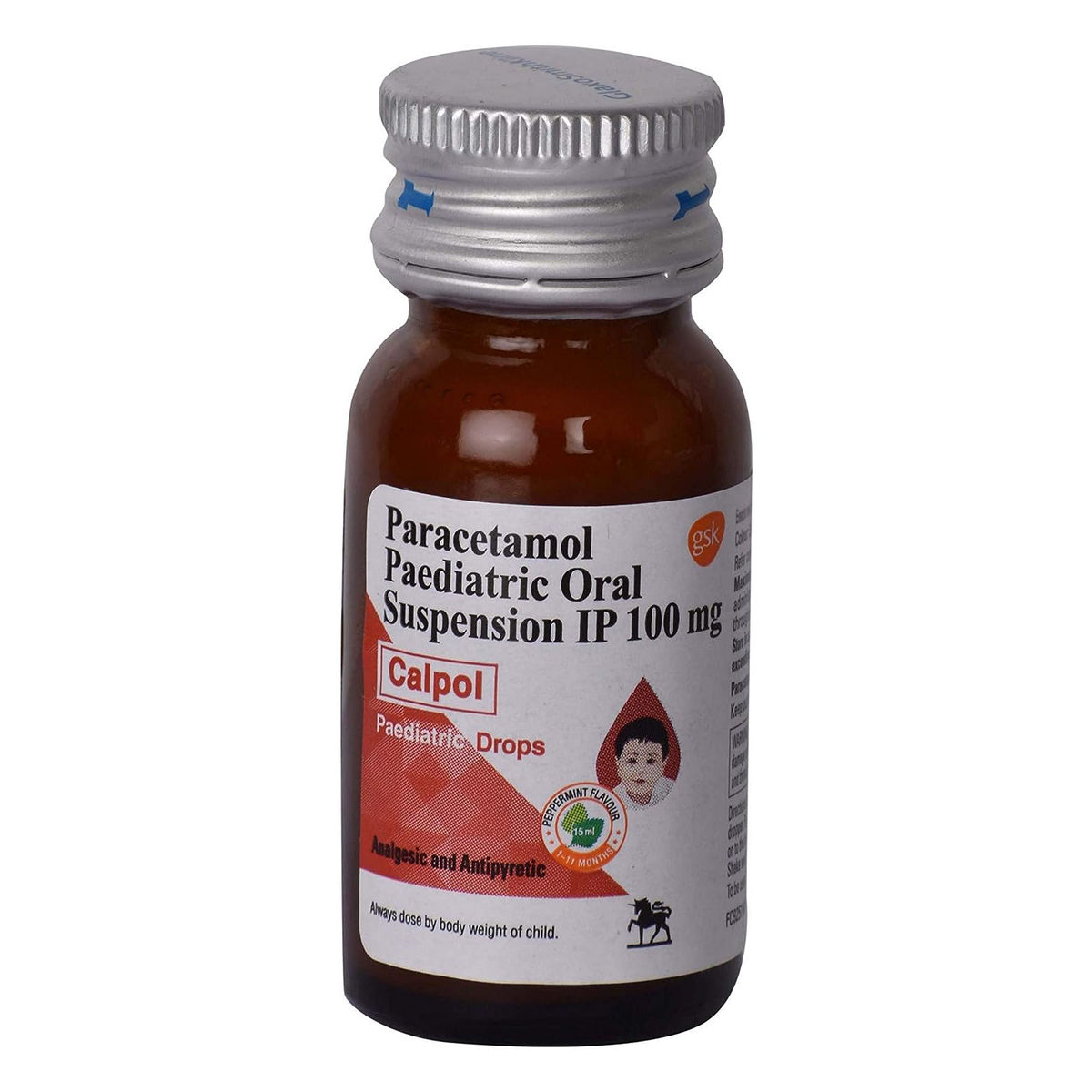
Calpol Pediatric Drops 15 ml
₹27
MRP ₹30
10% off

Crocin Oral Drop, 15 ml
₹32.40
MRP ₹36
10% off

Pacimol 650 Tablet 15's
₹26.80
MRP ₹33.50
20% off
 RX
RXEnzomac Forte Tablet 10's
₹475.20
MRP ₹528
10% off
 RX
RXEnzomac Tablet 15's
₹367.70
MRP ₹408.50
10% off

Dolo-500 Tablet 15's
₹13.50
MRP ₹15
10% off

Paracip-650 Tablet 10's
₹15.80
MRP ₹22.50
30% off

Calpol 500 Plus Tablet 15's
₹13.10
MRP ₹14.50
10% off
Medicine for Fever
Fever is a common symptom of many illnesses, often signalling the body's immune response to infections such as the flu, cold, or bacterial infections like pneumonia. Other causes include inflammatory conditions, heat exhaustion, certain medications, and underlying chronic diseases. While fever usually goes away on its own, drugs can help control symptoms and alleviate discomfort.
Understanding the types of medications available and their proper usage is essential for effective fever management. This guide will discuss a wide range of this medication used in the management of fever, its advantages, doses for recommended use, and recommendations on precautions to ensure prompt recovery.
Types of Medicines Used for Fever
Managing fever effectively often involves the use of medications that reduce body temperature and alleviate discomfort. Below are the main types of medicines commonly used for fever management:
Antipyretics (Fever Reducers)
Antipyretics, such as acetaminophen, ibuprofen, and aspirin, are commonly used to reduce fever and provide relief from associated symptoms like pain and discomfort. Acetaminophen is gentle on the stomach and ideal for mild fevers, while ibuprofen not only reduces fever but also addresses inflammation and pain. When used correctly, these medications help lower body temperature and improve overall comfort, but it's important to follow dosing instructions and consult a healthcare provider for proper guidance.
Corticosteroids
Corticosteroids, like prednisone, are sometimes given to help with fever from serious infections or autoimmune problems. They help by lowering inflammation in the body, which can ease symptoms like fever. However, corticosteroids are typically reserved for specific cases due to potential side effects, especially with long-term use, such as immune suppression or weight gain. It's important to use them under the supervision of a healthcare provider to make sure they are appropriate for the condition being treated.
Other medications:
Antibiotics and antiviral medications are prescribed when fever is caused by bacterial or viral infections, respectively. Antibiotics, such as amoxicillin or ciprofloxacin, target bacterial infections, helping to eliminate the bacteria and reduce fever. However, they are ineffective against viruses.
On the other hand, antiviral medications like oseltamivir (Tamiflu) are used to treat viral infections like the flu by inhibiting the virus's ability to replicate, potentially shortening the duration of fever and symptoms. Both treatments are essential for managing specific infections but should only be used under medical guidance for effective results.
Benefits of Using Fever Medicines
Medications for fever provide essential support in managing symptoms and promoting recovery. Below are the key benefits of using fever-reducing treatments:
- Effective Temperature Reduction: Antipyretics like acetaminophen and ibuprofen reduce fever, providing comfort and preventing complications from prolonged high temperatures.
- Alleviate Associated Symptoms: These medications help relieve symptoms such as body aches, chills, and discomfort, improving overall well-being.
- Targeted Treatment: Antibiotics and antivirals help fight infections that cause fever. They can help you get better faster and stop other problems from happening.
- Prevent Dehydration: Fever can lead to fluid loss; medications help manage symptoms, reducing the risk of dehydration. Make sure you get enough fluids to avoid dehydration, especially if the fever is accompanied by sweating, vomiting, or diarrhea.
- Improved Recovery: By treating the fever and its underlying cause, medications help patients recover more quickly, allowing patients to return to daily activities sooner.
Dosage & Usage Instructions of Fever Medicines
To use medicine for fever effectively, follow these key guidelines:
- Follow the Prescribed Dosage: Always adhere to the recommended dosage provided by your healthcare provider or as indicated on the medication label. Overuse or underuse can lead to complications.
- Timing and Frequency: For antipyretics like acetaminophen or ibuprofen, take them at regular intervals (usually every 4-6 hours) as directed. Do not exceed the maximum daily dose.
- Consider Age and Weight: Dosages may vary based on age, weight, and health condition. For children, always use pediatric formulations and follow age-specific dosage recommendations.
- Hydration: It’s very crucial to drink plenty of fluids while taking fever medications, especially if you're sweating, or experiencing other symptoms. Staying hydrated helps prevent dehydration and supports your recovery.
- Consult a Healthcare Provider: Always check with a doctor before using fever medications, particularly for infants, the elderly, or individuals with underlying health conditions, to ensure safe usage.
Buy Medicine for Fever Online at Apollo 24|7
Dealing with a fever? Apollo 24|7 offers a fast, dependable, and trustworthy solution for receiving fever medications directly at your doorstep within just 19 to 29 minutes. Whether you need Antipyretics, Corticosteroids, Antibiotics, or Antiviral medicines, Apollo 24|7 ensures that you have access to high-quality, effective treatments.
With the added convenience of doctor consultations and lab tests available through the app,
Apollo 24|7 offers comprehensive healthcare solutions all in one place. Enjoy a seamless experience with no waiting and no hassle—just fast, reliable care when you need it most.
Frequently asked questions
Fever is often a sign that the body is fighting an infection. Common causes include bacterial or viral infections (like the flu or cold), inflammatory conditions, heat exhaustion, or certain medications. It can also result from conditions like cancer, autoimmune diseases, or even teething in infants.
It's generally safe to take fever medications like acetaminophen or ibuprofen on an empty stomach. However, ibuprofen may cause stomach irritation, so it's advisable to take it with food to reduce discomfort.
If your fever lasts longer than three days, reaches over 103°F (39.4°C), or is accompanied by symptoms such as difficulty breathing, severe headache, rash, or persistent vomiting, consult a healthcare provider immediately.
Fever medications can be safe for children, but always use pediatric formulations and follow the correct age-based dosage. Avoid giving aspirin to children due to the risk of Reye's syndrome. Always consult a paediatrician for the best options.
Yes, mild fevers can often be managed without medication by staying hydrated, resting, using cool compresses, and wearing lightweight clothing. However, if the fever is high or persistent, medication and medical advice may be necessary.
